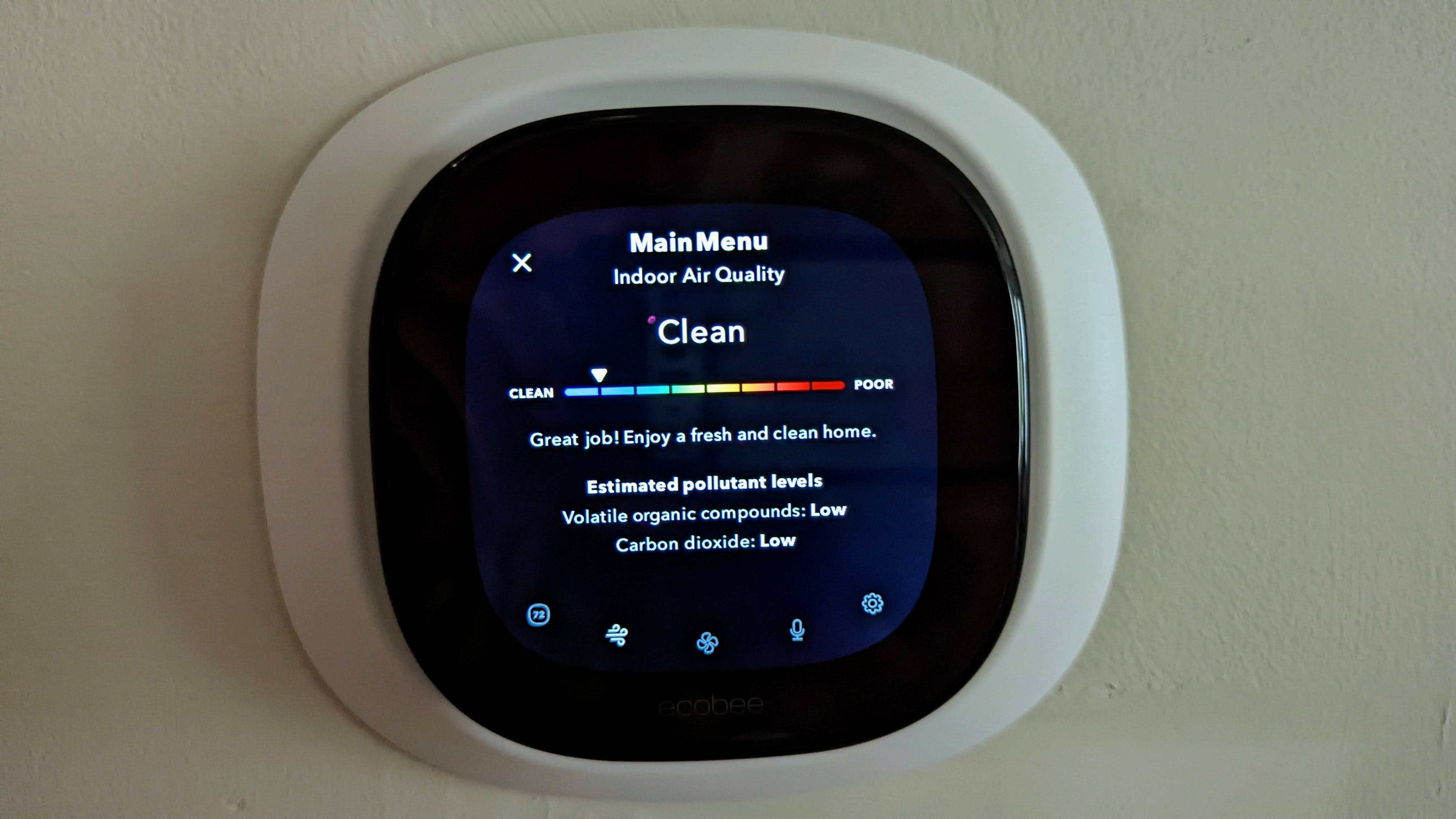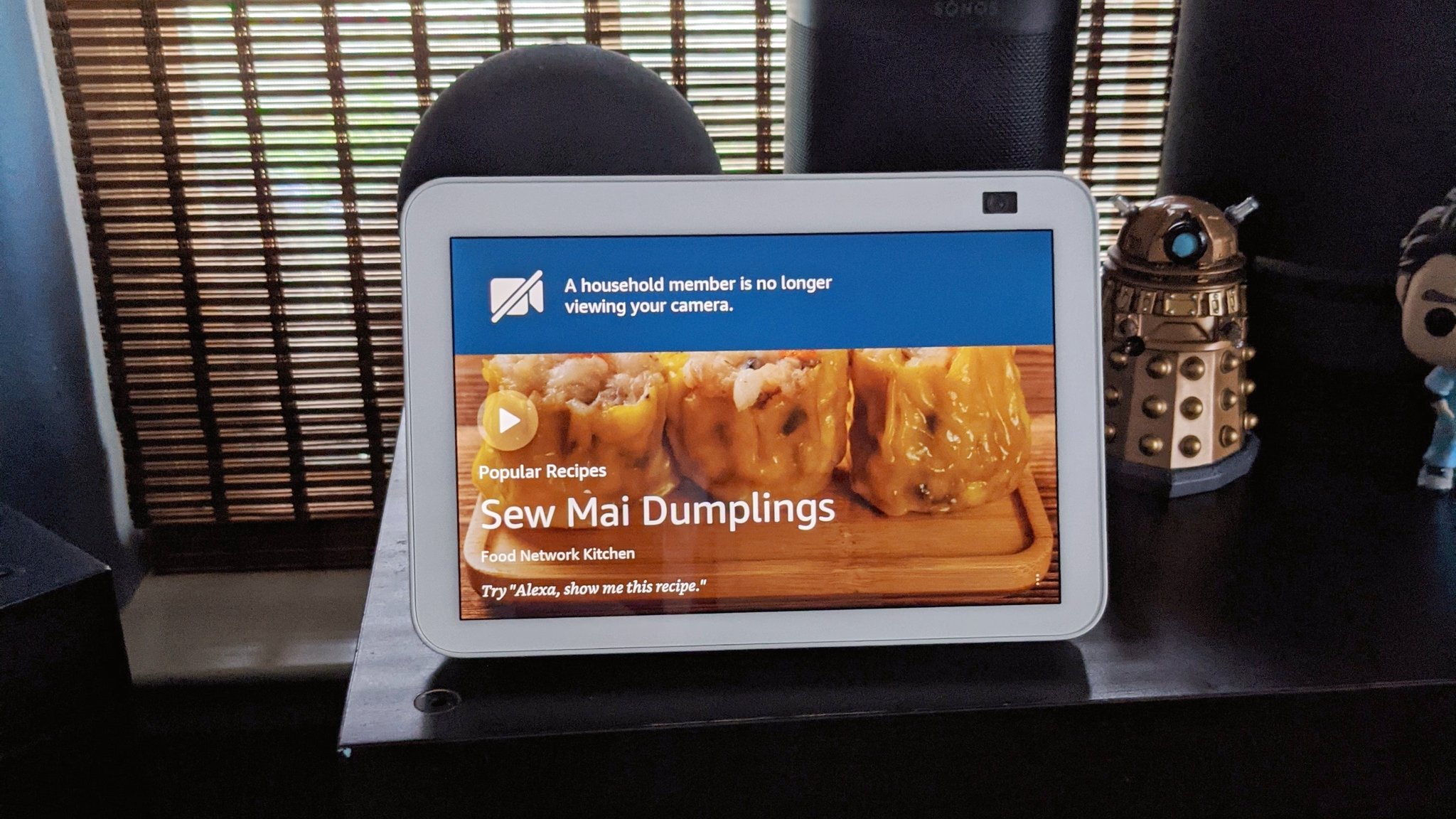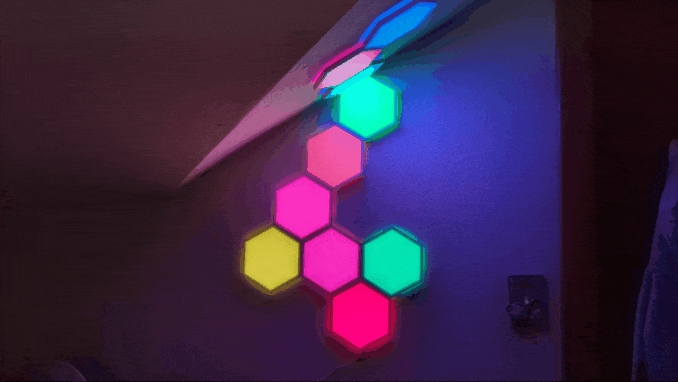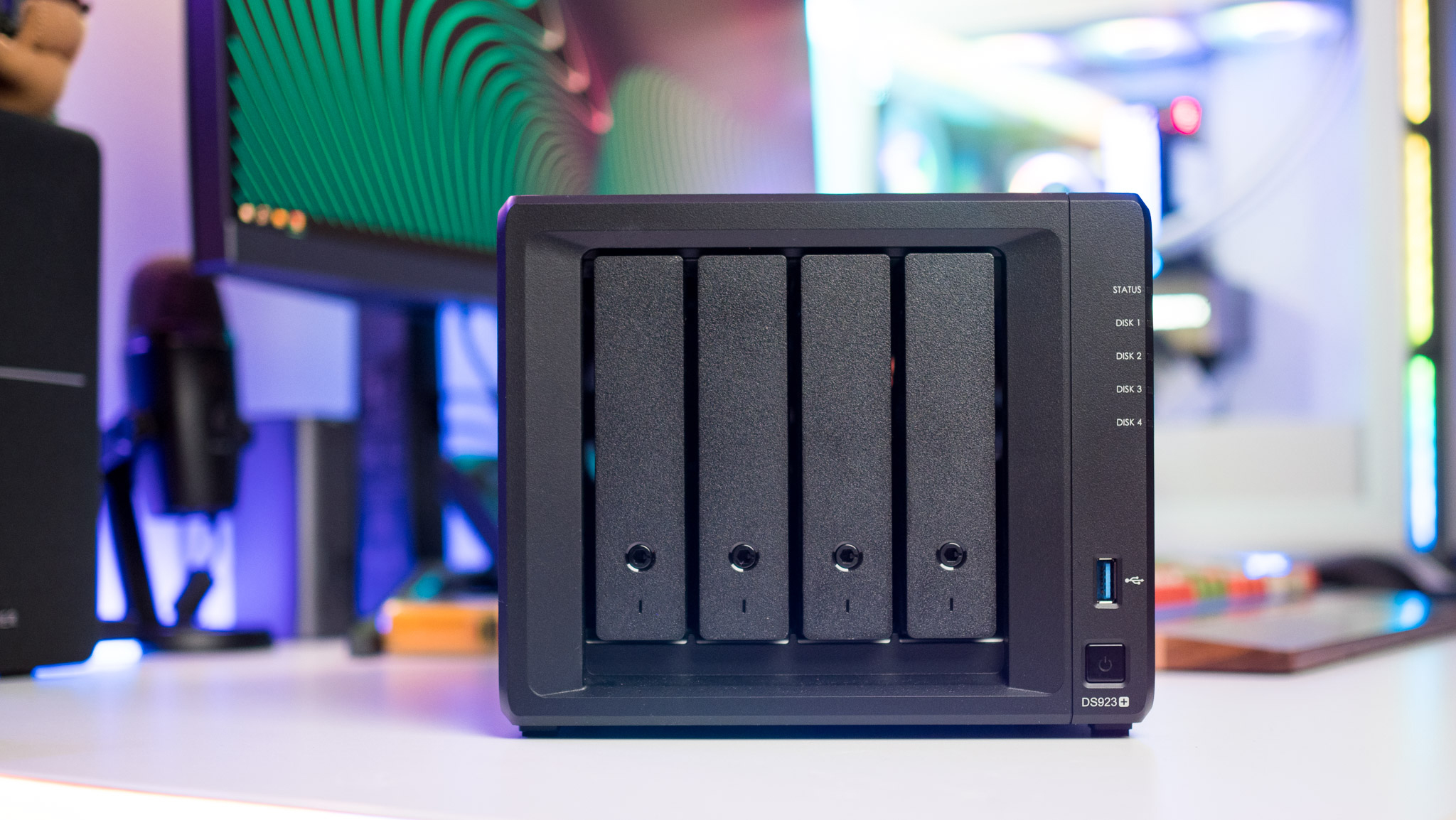Why I'm finally building my own smart home after years of waiting
Owning instead of renting is part of the reason, but also because companies like Amazon and Google are finally starting to play nice.

How "smart" you can make your smart home is directly related to how much of your home you actually own. A renter can buy a smart speaker, but outside of playing music and answering questions about the weather, Alexa or Google Assistant won't do much for you when you can't install anything permanent without kissing your security deposit goodbye.
Even if a landlord would let you wire in a smart thermostat or install a smart lock — not likely — why go through the trouble when you'll probably move somewhere else in a couple of years? Why spend money putting down roots when the earth beneath your feet is still shifting?
That's been my attitude for years, as I've moved from Boston to NYC to the Bay Area in California, none of which have an easy homeownership path for English majors. As a result, the smart home craze mostly passed me by. But now my partner and I have finally managed to buy a condo, and it feels like an explosion of smart home opportunities has opened up to me.
Exciting, messy, overwhelming opportunities.

Up until now, whenever I've had a security camera or other smart home tech to review, I would borrow my parents' house in exchange for finishing some of their chores. My last landlord flatly rejected it when I wanted to wire the Nest Thermostat into my apartment, and it's hard to test a camera when you don't have a backyard and don't want your neighbors to think you're spying on them.
Now, only my partner has veto power on tech, and she's just as excited as I am to give our new home a cognitive upgrade, starting with the thermostat. Living in California means a constant tightrope walk between keeping your energy bill low and letting your home turn into a sauna, and we're hoping a proper smart thermostat will help on that front.
The best smart home devices may not sync up with your smart home ecosystem — at least until Matter arrives.
Since our home doesn't have a C wire, we're weighing whether to buy the new Ecobee Smart Thermostat Premium with the Power Extender Kit or the Nest Learning Thermostat with the Power Connector. My colleague's review sold me on the Ecobee for its air quality monitoring — fire season is on the way — gorgeous display, and packaged room sensor. But it's hard to pass up the Nest Learning Thermostat's trick of learning your habits automatically, so we can stop micromanaging the temperature ourselves.
Be an expert in 5 minutes
Get the latest news from Android Central, your trusted companion in the world of Android
What makes the choice even harder is that Ecobee's thermostat only relies on Alexa, while Nest obviously uses Google Assistant. Choosing one means doubling down on Alexa (since we have the Echo Show 8) or getting invested in a new smart assistant ecosystem, so we can conveniently change the temperature with a voice command.

Thankfully, that's less of an issue with our future video doorbell, which we're buying to combat the apparent package thieves in our area. I'm not a fan of Ring and its terrible privacy policies, but it's certainly the most convenient option for Alexa users. Thankfully, other video doorbells can also cast their feeds to the Echo Show with Alexa skills; even the Nest Doorbell got its own Alexa skills earlier this year.
That kind of interoperability is what I'm hoping to see across the board, which is why I'm excited that Matter could arrive this fall, right as I'm diving into the world of smart home tech. For the unaware, it's a connectivity standard that'll make smart home tech compatible with any smart home ecosystem. It's supported by Amazon, Google, Apple, Samsung, and most popular smart home brands.
Assuming Matter does show up soon, though, it doesn't necessarily mean it'll make creating a seamless smart home a breeze. Our resident smart home aficionado Chris Wedel wrote a while back how smart home fragmentation can cripple a smart home's potential.

Even if a device works with Alexa or Google Assistant, it doesn't mean all of its features do. The more devices you buy, the more manufacturer apps you'll need to set up and manage those devices, then control whatever complicated functions may not have a corresponding voice command. Tweaking your smart lights or using your robot vacuum's secondary tools is too specific for your voice assistant to help you with. So you're left making manual changes or checking information in one random app after another.
The more your smart home expands, the more apps you have to juggle and work you have to put in.
In theory, a smart home can simplify your life. But the more your smart home expands, the more work you have to put into it to justify the cost. When I told my coworkers I was excited to start building a smart home, some of my more cynical coworkers (cough Jerry cough) predicted I would start to build a smart home and give up when I realized how annoying it was to build.
But I think that's part of why bitter rivals like Amazon and Google are willing to play nice with Matter. Exclusivity is usually a great way to trap people in an ecosystem to buy all your products. Just look at Apple's success. But smart homes are just such a pain to set up, with no guarantee tech will work as well as they should, that only the truly dedicated will bother with them. With Matter over Thread, controlling devices will become more seamless, and setting them up will (hopefully) become less of a time commitment.
So while the main answer to this article's question is obvious — I'm building my smart home because I own a home now — the real answer is more complicated. I would have bought individual smart home devices regardless. But with Matter on the horizon, I think I'll actually put in the effort to make an automated, interconnected home of tech.
In the immediate future, I'll be reviewing some Govee smart lights and a Kasa Outdoor smart plug for the site, and I've bought some new tech like the Immersion TV backlight to brighten up our home. And while I'm sure my smart home will have some growing pains, I'm optimistic that Matter will help the process stay as smooth as possible.

Michael is Android Central's resident expert on wearables and fitness. Before joining Android Central, he freelanced for years at Techradar, Wareable, Windows Central, and Digital Trends. Channeling his love of running, he established himself as an expert on fitness watches, testing and reviewing models from Garmin, Fitbit, Samsung, Apple, COROS, Polar, Amazfit, Suunto, and more.
